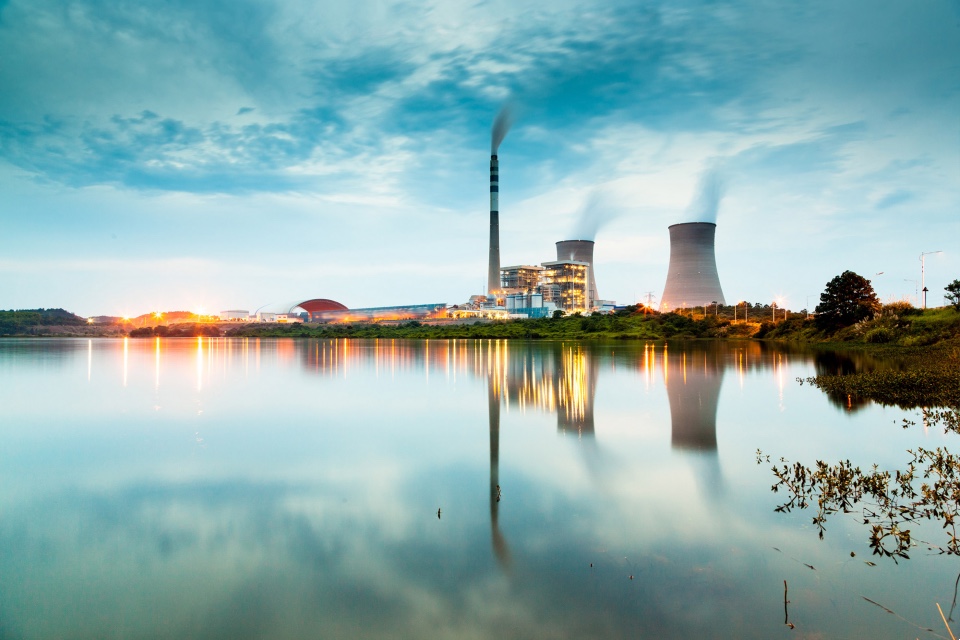HOW TO: Use energy usage data collection solutions to benefit your business
https://energymanagementsummit.co.uk/wp-content/uploads/2023/07/energy-plug-1502847_1280.jpg 960 640 Stuart O'Brien Stuart O'Brien https://secure.gravatar.com/avatar/81af0597d5c9bfe2231f1397b411745a?s=96&d=mm&r=gUnderstanding and managing energy consumption is a critical part of running a modern business. Energy usage data collection solutions offer an efficient way to achieve this, providing valuable insights that can significantly improve operations and drive sustainability. As we delve deeper, let’s discover how these tools can transform your business…
At the heart of energy usage data collection solutions lies the promise of improved efficiency. By gathering detailed data on your energy consumption, these solutions can provide a clear picture of how and when your business uses energy. Are there periods of peak usage that coincide with specific processes or times of day? Are certain areas or equipment using more energy than necessary? By pinpointing these patterns, businesses can identify opportunities for reducing energy usage and costs.
Moreover, energy data collection solutions often come with powerful analytic capabilities. Advanced algorithms can sift through vast amounts of data to identify inefficiencies that might not be apparent to the human eye. This could include patterns of waste, such as equipment left on outside working hours or inefficient heating or cooling cycles. By addressing these issues, businesses can make substantial savings on energy bills.
In addition, these solutions can facilitate regulatory compliance. Many regions require businesses to report their energy usage or meet certain efficiency standards. Automated data collection simplifies this process and ensures accurate, timely reporting. By removing the burden of manual monitoring and record-keeping, businesses can focus more on their core operations.
Energy usage data can also help in predictive maintenance. By analysing trends in energy consumption, businesses can spot signs that equipment may need servicing or replacing before it fails. This not only prevents downtime but can also extend the lifespan of your assets, saving money in the long run.
Furthermore, these solutions align with the growing trend towards sustainability. By reducing energy consumption, businesses can decrease their carbon footprint, contributing to global efforts to combat climate change. This can enhance your brand’s reputation and potentially open doors to new opportunities, as more consumers and investors prioritize businesses with strong environmental credentials.
Finally, data collection solutions can enable businesses to take advantage of flexible energy pricing. Some energy providers offer variable rates depending on the time of day or demand levels. With detailed insight into your energy usage patterns, you can shift certain processes or operations to times when energy is cheaper, further reducing costs.
In short, energy usage data collection solutions offer myriad benefits for businesses. From enhancing efficiency and reducing costs to ensuring regulatory compliance and promoting sustainability, these tools provide vital insights that drive informed decision-making. As businesses navigate an increasingly digital and eco-conscious world, leveraging energy usage data is key to staying competitive and contributing to a sustainable future.
Remember, the journey towards improved energy efficiency begins with understanding your current usage. With the right data collection solution, you can illuminate your path towards lower costs, enhanced sustainability, and smarter business operations.
It’s time to let your energy data work for you.
Are you on the hunt for energy usage data solutions for your business? The Energy Management Summit can help!



